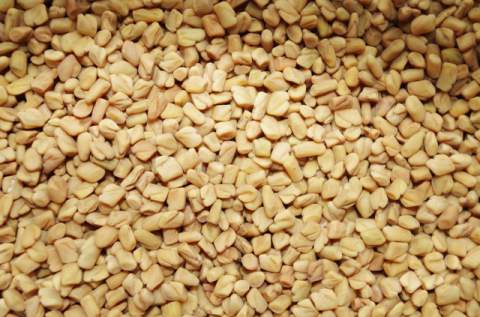
Fenugreek is native to western Asia, southern Europe and Mediterranean region. FDA of US listed this herb as safe to use and human consumption. But, like any other herb or food, fenugreek allergy does exist.
It’s prominent in India for culinary and Ayurvedic purposes. Fenugreek seeds are renowned for their flavor and health benefits. This herb is used to treat ailments like stomach ache, treating wounds, eczema and inflammation; it’s also used to increase milk supply in breastfeeding women.
As this herb is related to chickpeas and peanuts, people who’re hypersensitive to these substances may be allergic to fenugreek seeds.
Symptoms of fenugreek allergy include mild and severe conditions. While severe conditions are very rare, mild signs can be unreported. In 1997, only two cases were reported severe. However, the report shows that there is a chance of severe reactions.
Fenugreek Allergy Symptoms
An allergic reaction triggers when food proteins react with histamines released by immune system to thwart foreign elements. Actually, your immune system wrongly treats these harmful substances as a threat and the reaction commence.
- When a person who is sensitive to fenugreek, inhale, touch or ingest these seeds he /she will experience adverse symptoms.
- Wheezing, runny nose, fainting, nasal congestion, face swelling, numbness and skin rash can be seen if a person inhale or ingest this herb.
- Severe conditions like swelling of tongue, throat, nausea and difficulty in breathing, hives and sudden drop in blood pressure can be seen, which are very rare.
Besides this, fenugreek seeds may cause other health issues like loose motions, hypoglycemia, asthma, uterine contractions in pregnant women, reduce blood sugar level and urine/body odor. According to Drugs.com, this herb can affect blood clotting.
If you experience any of the above mentioned symptoms, then you must consult allergist for diagnosis. He will conduct necessary test and prescribe medication.

